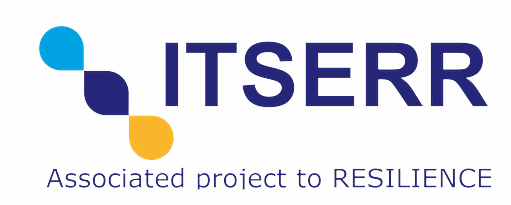The impact that ITSERR expects to have on the economy and innovation is multifaceted.
On the economy:
- By opting for a 50/50 distribution of the budget between Northern and Southern Italy, the project brings capital and investments to both regions, consolidating already existing research-to-business relationships and creating new ones, especially in the direction of business-to-research.
- By transforming research and prototypes into usable products for research in Religious Studies, and seeking out business opportunities that enable the adaptation of its tools, solutions, and software beyond the narrowly defined academic scope, ITSERR remains open to further re-use in other research areas or industries. University spin-offs can be a solution, and the RESILIENCE German partner InFAI can be the right driver.
On innovation:
- By introducing significant innovations in the research of Religious Studies, ITSERR reframes and redefines its academic model towards the Information Technologies, with a direct impact on the digital transformation of the community. This impact on scholars is made possible through training activities and the provision of services, which allow the community to move from a digitization-centered approach to a full digital choice.
- By providing long-term data preservation for future use by future generations, ITSERR simultaneously ensures its FAIR-design to impact on the publishing practices in the field of Religious Studies and enhance the re-use of existing data.
On research methodologies:
- By supporting the availability of multilingual (meta)data to be inclusive when language barriers prevent users from accessing resources within the European Research Area, from inside and outside the EU boundaries, ITSERR challenges the private sector’s monopoly on language technologies and contributes to the creation of a multilingual digital single market.
- By supporting the mobility of scholars who need to conduct their research on the resources consulted onsite and contributing to the digitization of resources, ITSERR has a long-lasting and visible impact on the research quality of the religious studies research community.

